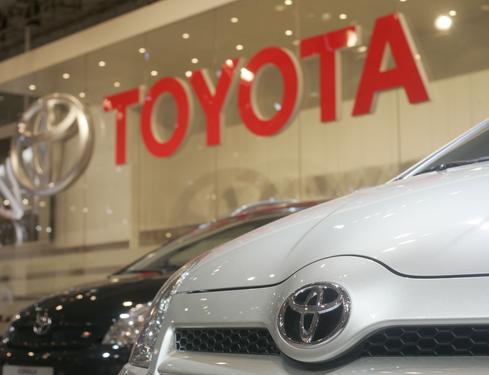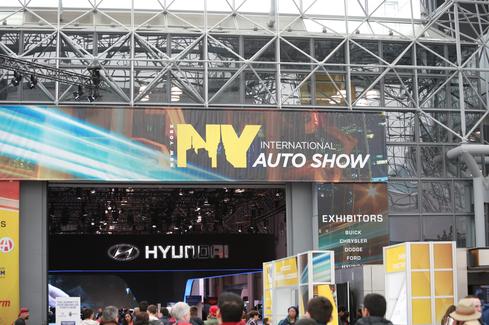Toyota Investing $50 Million In AI DevelopmentToyota Investing $50 Million In AI Development
Toyota is investing $50 million to create research programs at Stanford and MIT to study and facilitate the advancement of artificial intelligence.


New York Auto Show: Cool Cars With Hot Tech
New York Auto Show: Cool Cars With Hot Tech (Click image for larger view and slideshow.)
Japanese auto giant Toyota is teaming up with the Massachusetts Institute of Technology (MIT) and Stanford University to invest $50 million over the course of five years in the research and development of artificial intelligence (AI).
The initiative will focus on developing intelligent vehicles and life-improving robots to meet the challenges of expanding urban centers and aging populations.
The partnership will see joint research centers established at each university under the direction of Dr. Gill Pratt, former program manager at the US Defense Advanced Research Projects Agency (DARPA).
The Stanford-based research center will collaborate with MIT and Toyota to develop advanced intelligent systems to recognize, understand, and act in complex traffic environments, and will be led by Professor Fei-Fei Li, director of the Stanford Artificial Intelligence Laboratory (SAIL).
"Building on Stanford's expertise with computer vision, machine learning, large-scale data analysis, and human-computer interaction, our team will work to help intelligent vehicles recognize objects in the road, predict behaviors of things and people, and make safe and smart driving decisions under diverse conditions," Li wrote in a Sept. 4 statement.
Over on the East Coast, research will be led by Professor Daniela Rus, director of MIT's Computer Science and Artificial Intelligence Laboratory (CSAIL).
"Key program areas will be addressed by the two university campuses and Toyota, with combined research targeted at improving the ability of intelligent vehicle technologies to recognize objects around the vehicle in diverse environments, provide elevated judgment of surrounding conditions, and safely collaborate with vehicle occupants, other vehicles, and pedestrians," Pratt wrote in the joint statement. "The joint research will also look at applications of the same technology to human-interactive robotics and information service."
Toyota has already developed technologies that could aid in autonomous automobiles, including Lane Trace Control (LTC), which reads the white lines of the road with a camera and keeps the car centered in the lane.
Toyota has paired this technology with cameras and GPS satellite data to keep the vehicle on the road and even tell it to reduce speeds to corner safely.
The company is also working on what it calls Cooperative Adaptive Cruise Control (CACC), an extension of adaptive cruise control that incorporates vehicle to vehicle (V2V) communication technology.
Toyota's Friday announcement is the latest investment by major international corporations, including Microsoft, Apple, and Google, to harness the power of AI to solve a variety of social problems, including transportation and self-driving vehicles.
[Read more about Google's self-driving car project.]
Google is steadily expanding its self-driving car tests, with its most recent announcement being test runs of its vehicles in Austin, Texas.
In the next few weeks, Google's prototype vehicles will be out navigating the same area north and northeast of downtown where their Lexus vehicles have been driving by themselves for the last couple of months.
Apple has also been making headlines in the past weeks as it builds out a team for its secretive Project Titan, which is widely thought to be a program to build a self-driving car.
A February report in Bloomberg described Apple's plans to enter the electronic vehicle market in 2020, according to unnamed sources who claim to have knowledge about its plans.
Read more about:
2015About the Author
You May Also Like






